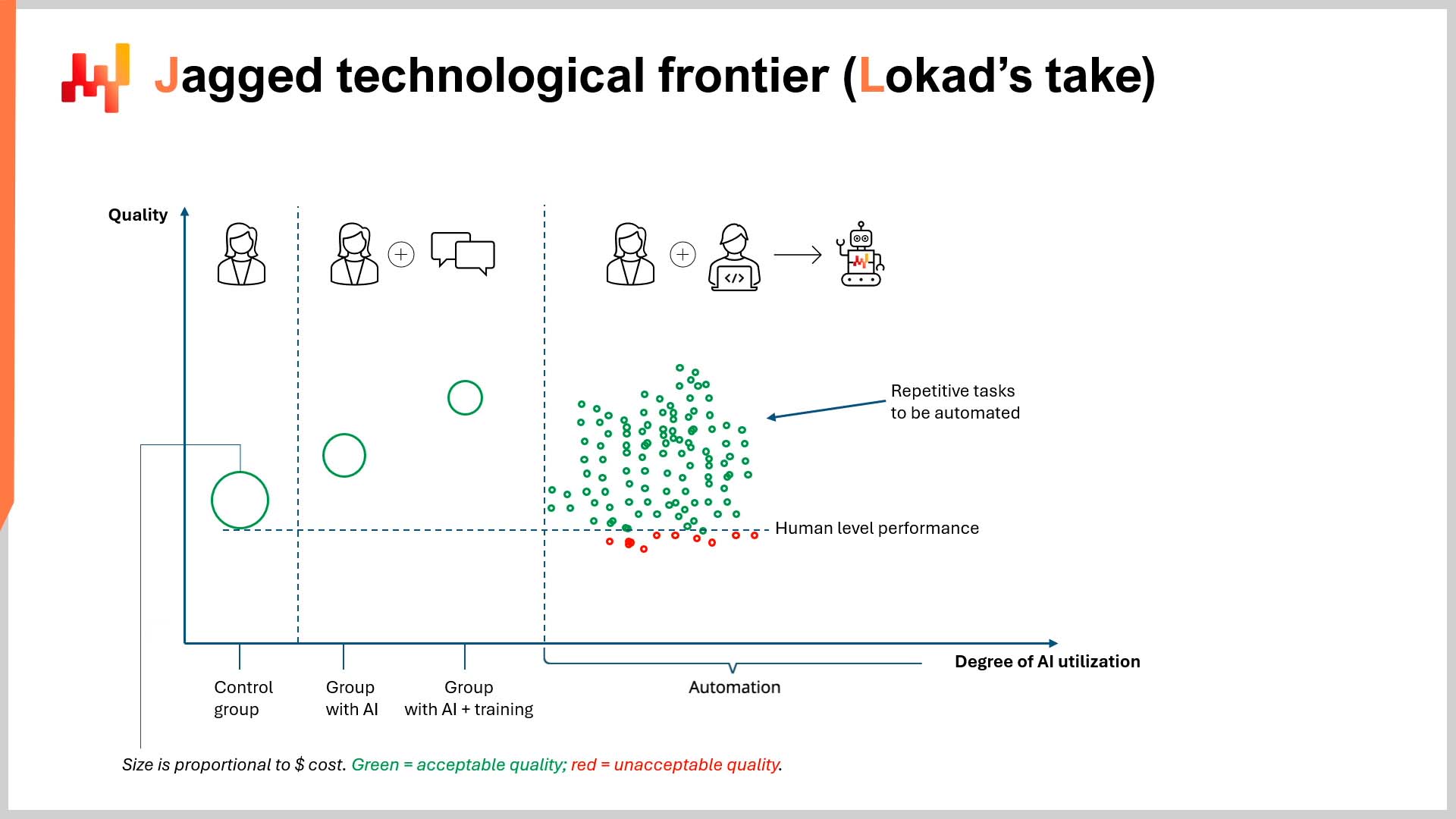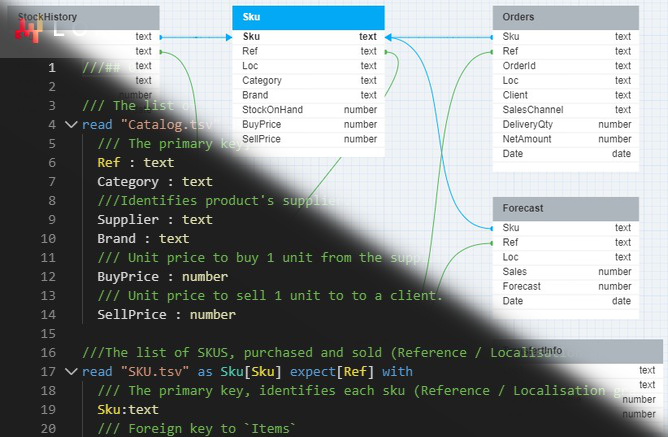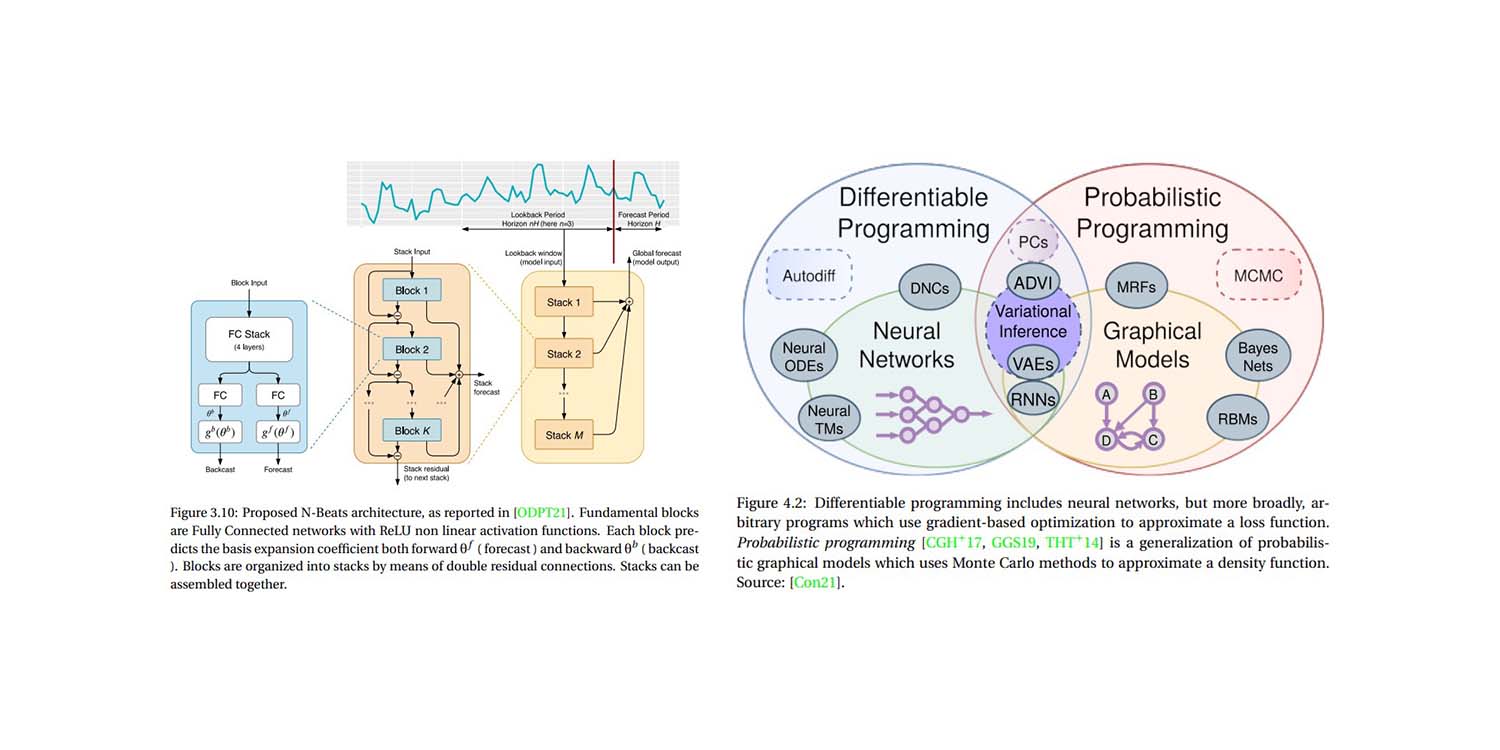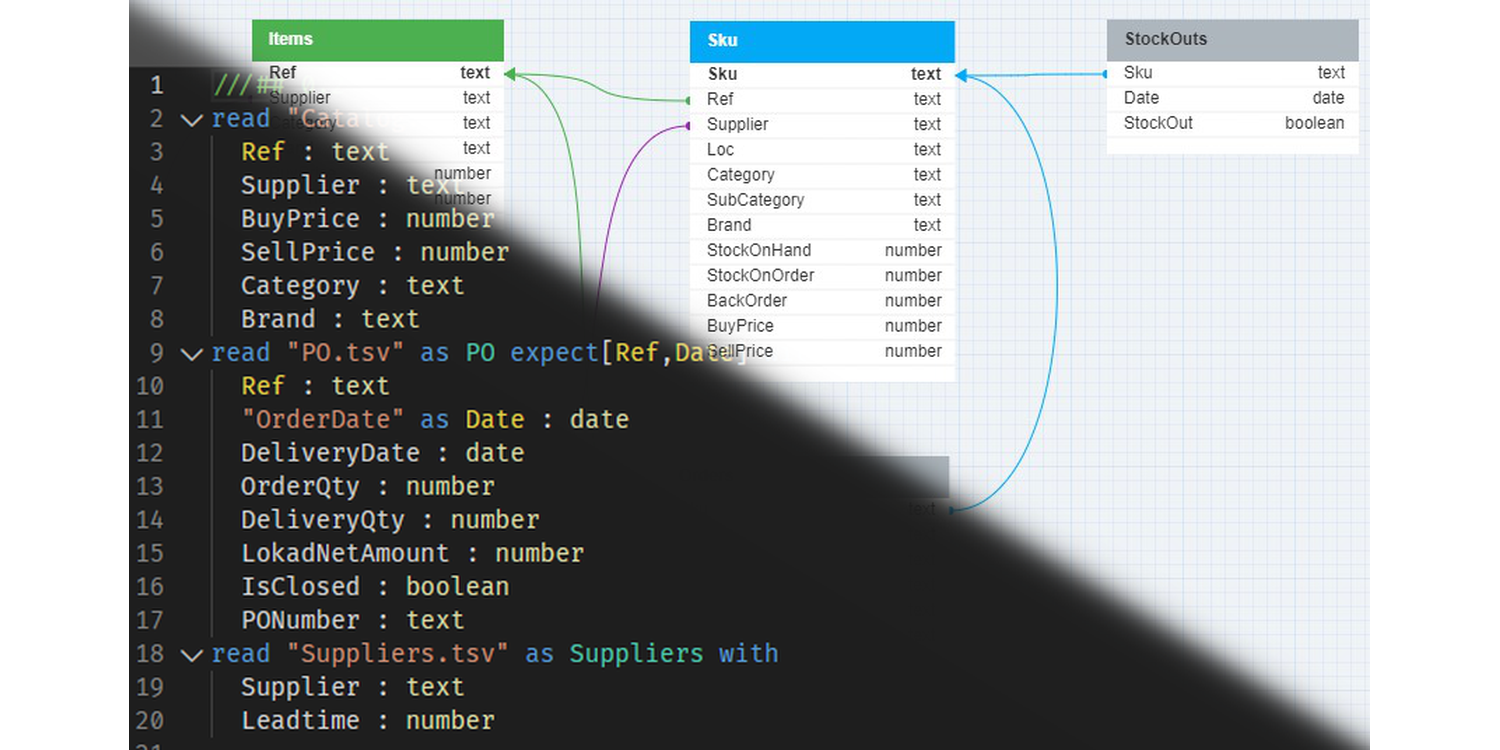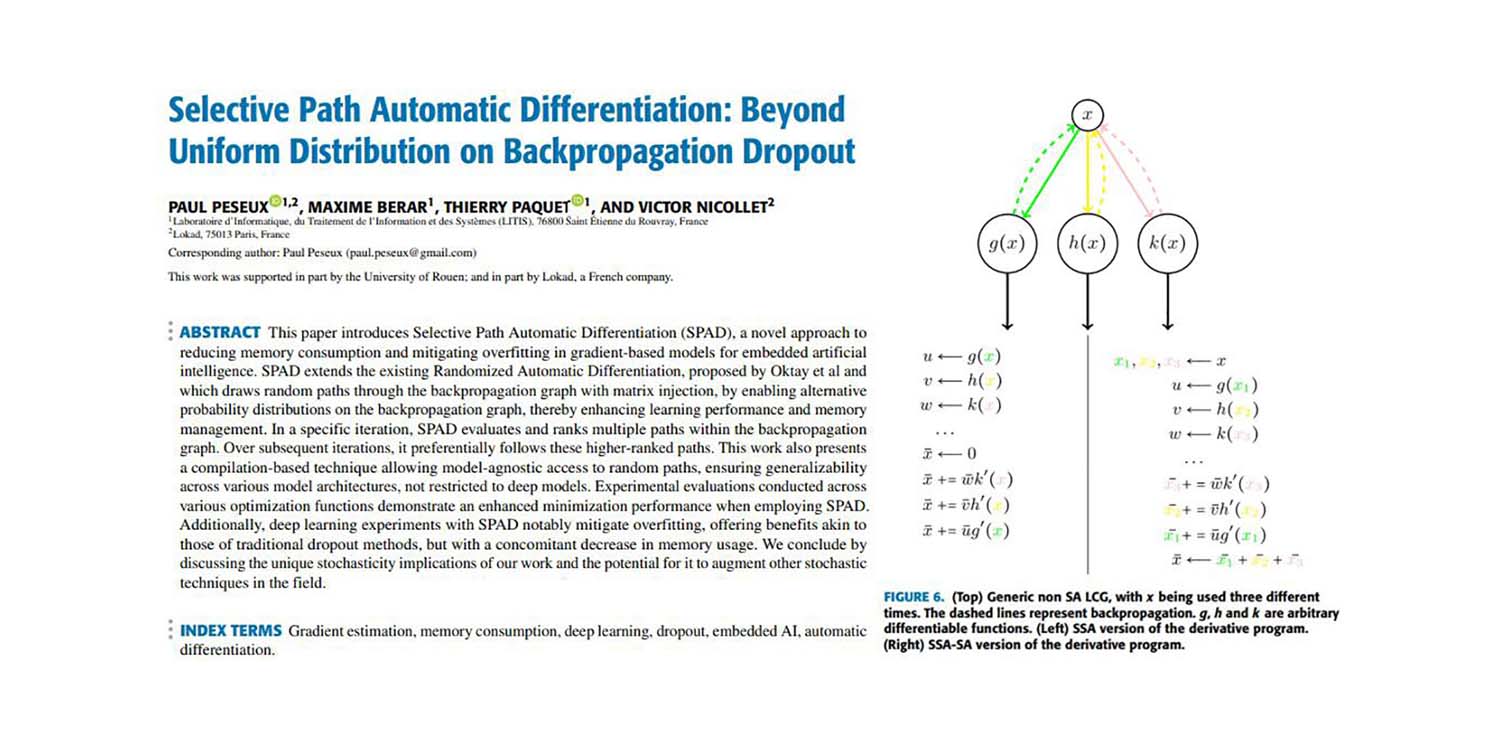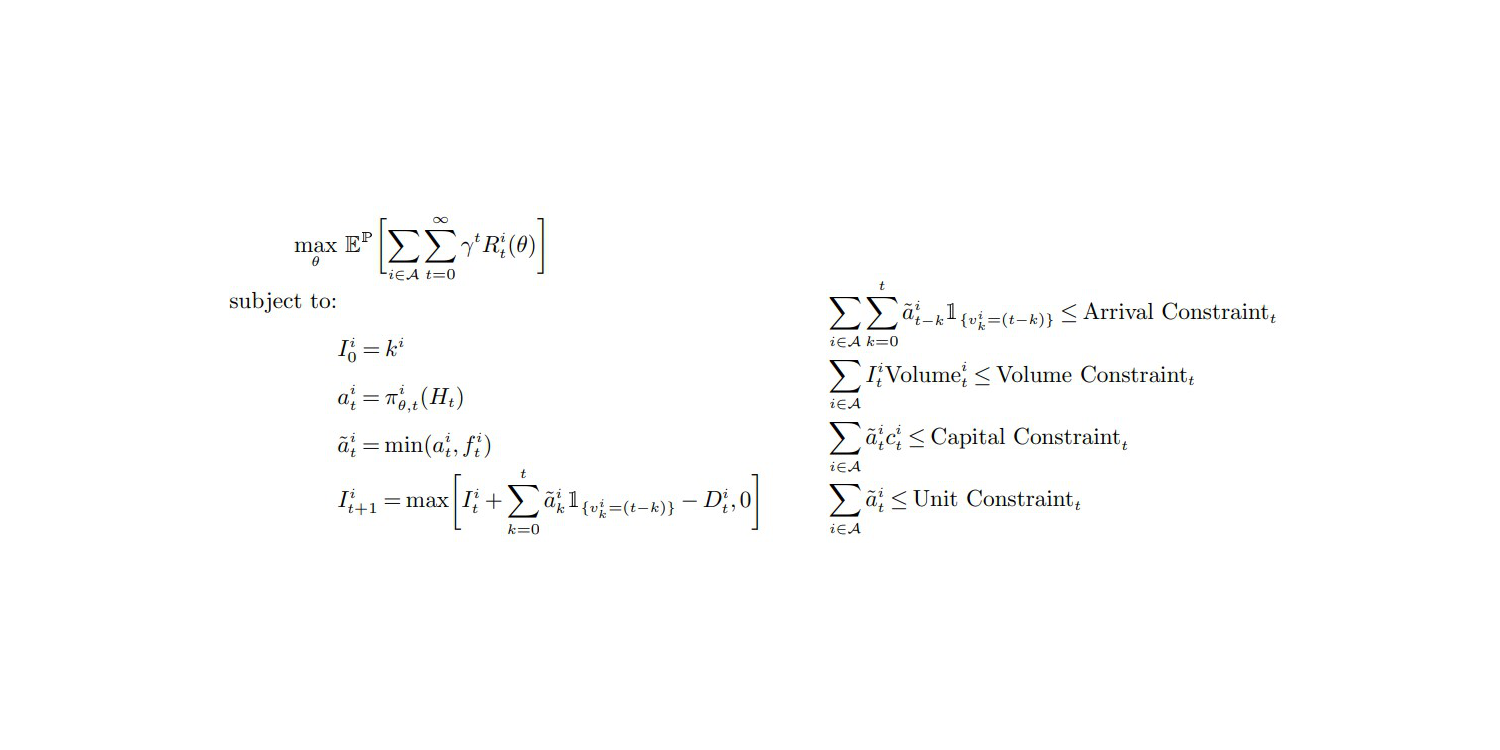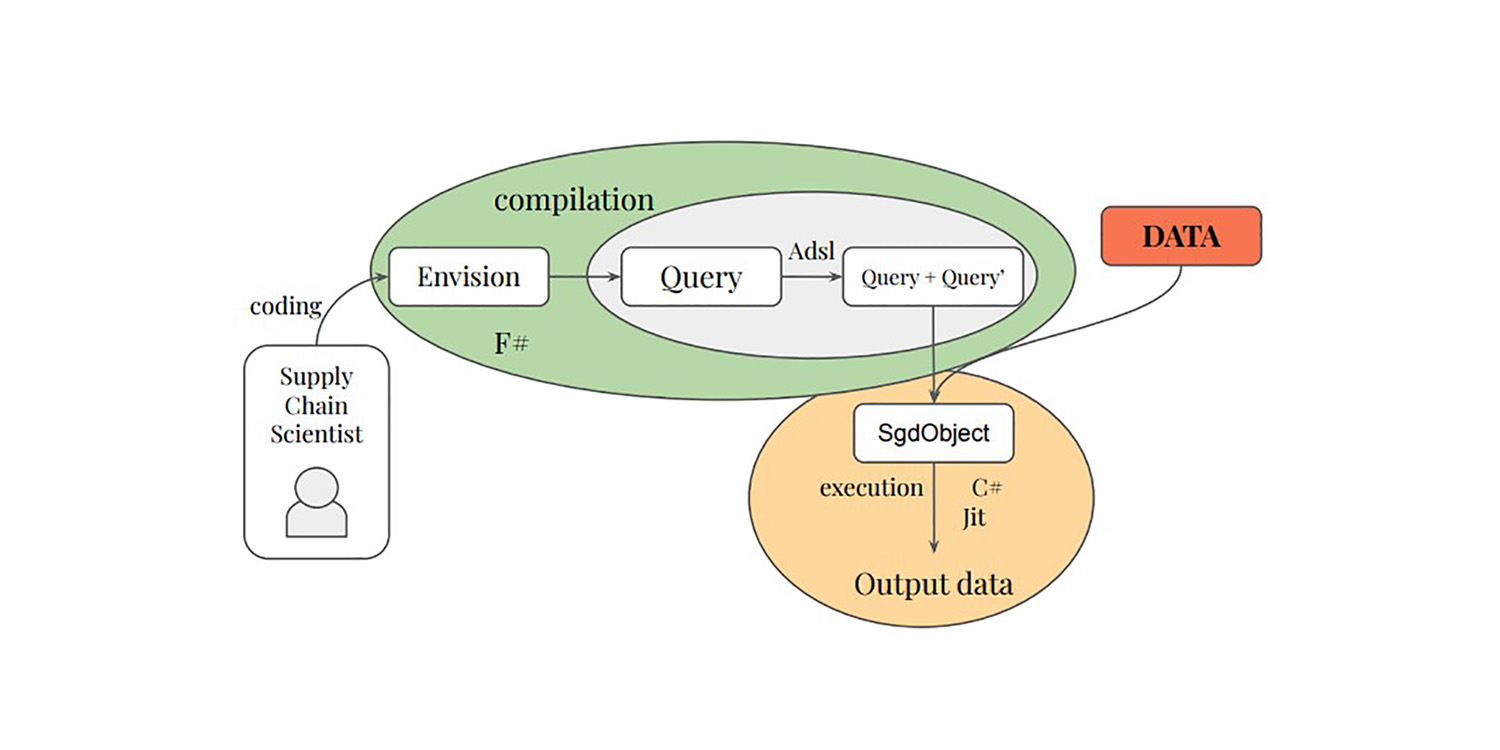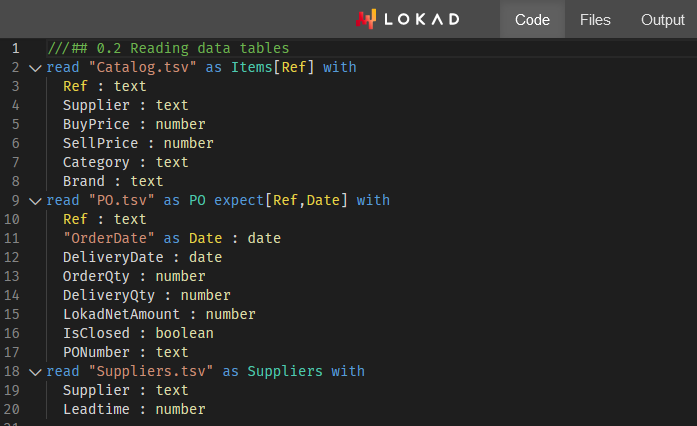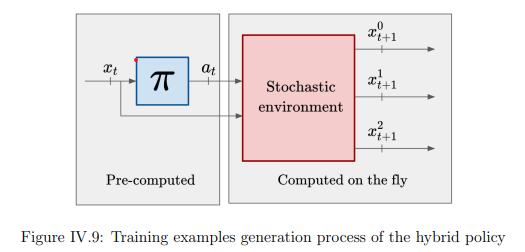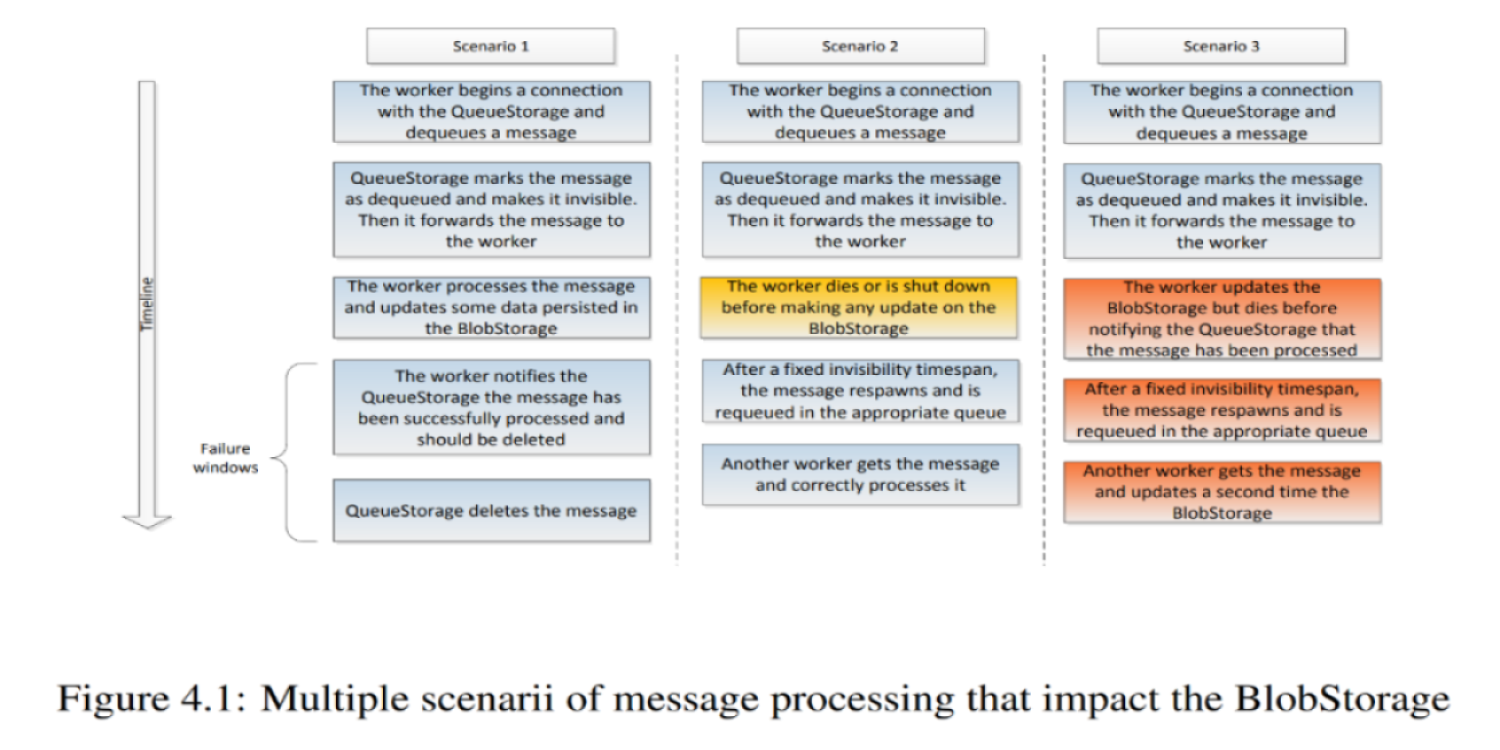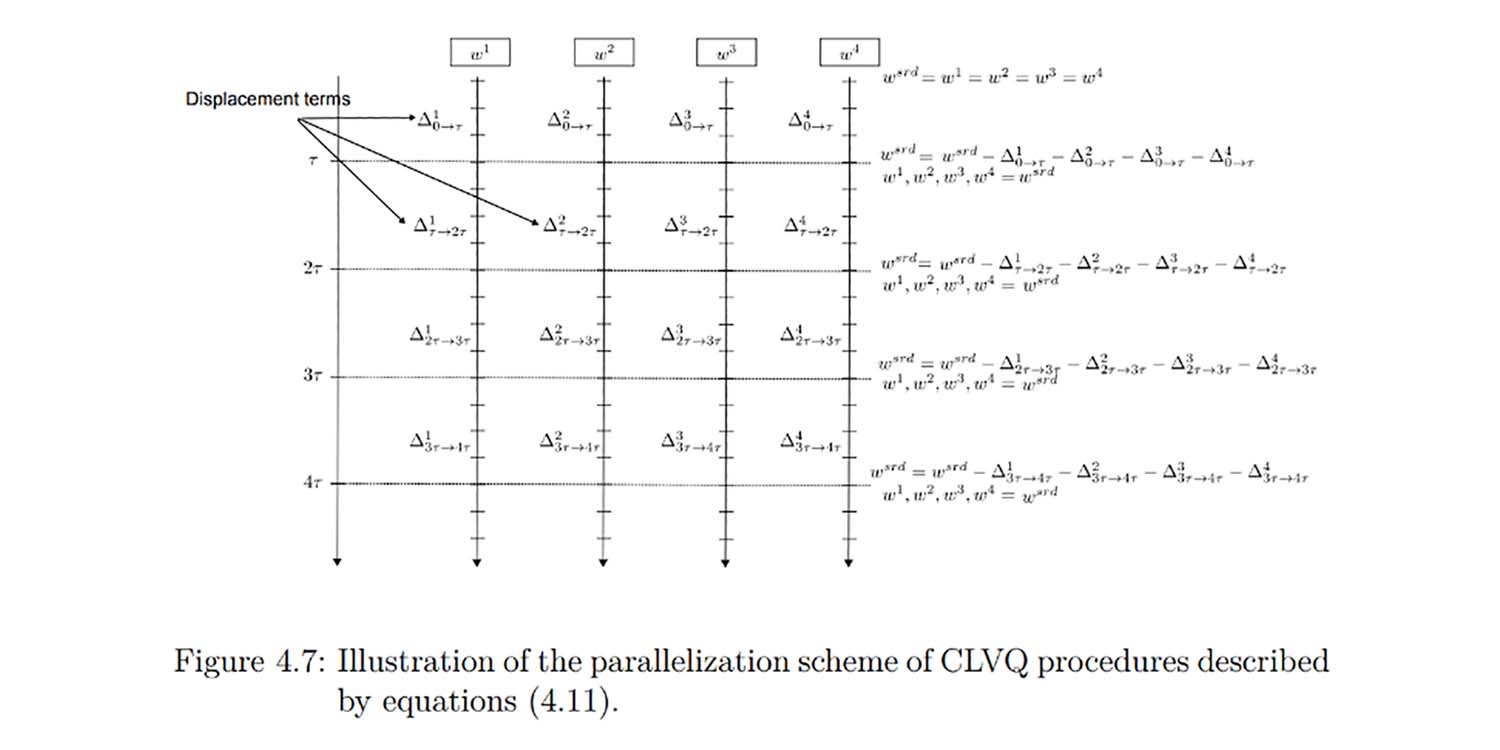Technology
Back to the blog ›
A Nuanced Perspective on Harvard Business School’s Jagged Technological Frontier
Conor Doherty reviews a paper by Harvard Business School called Navigating the Jagged Technological Frontier. TLDR: Quality is subjective; cost is not.
An opinionated review of the Yann LeCun interview with Lex Fridman
Joannes Vermorel reviews Yann LeCun's remarkable interview with Lex Fridman titled “Meta AI, Open Source, Limits of LLMs, AGI & the Future of AI”.
Distribution Network Analysis through Envision - Workshop #3
This third Envision Workshop offers students and supply chain specialists guided training on analyzing the distribution network of a retail company using Lokad's Quantitative Supply Chain perspective and tooling.
Probabilistic Exponential Smoothing for Explainable AI in the Supply Chain domain
Read Antonio Cifonelli's PhD research on Probabilistic Exponential Smoothing for Explainable AI in the Supply Chain domain—another great study showing that half a dozen clever tricks can turn a model as basic the exponential smoothing into a racing car that beats state-of-the-art Deep Learning models.
Sales Analysis through Envision - Workshop #2
This second Envision Workshop offers students and supply chain specialists guided training on analyzing retail customers from Lokad's probabilistic, risk management perspective.
Selective Path Automatic Differentiation: Beyond Uniform Distribution on Backpropagation Dropout
The Selective Path Automatic Differentiation (SPAD) approach enhances Stochastic Gradient Descent (SGD) by adopting a sub-data-point perspective. This technique, implemented at the compiler level, trades gradient quality for gradient quantity, supplementing traditional SGD methods with a more nuanced view.
An opinionated review of Deep Inventory Management
A team at Amazon has published Deep Inventory Management (DIM) late 2022. This paper presents an DIM inventory optimization technique that features both reinforcement learning and deep learning. As Lokad went through similar path in the past, its CEO and founder Joannes Vermorel provides his critical assessment of the suggested technique.
Differentiable programming to optimize over large scale relational data
Paul Peseux's PhD research on differentiating relational queries - another under-researched area of supply chain - introduced TOTAL JOIN operator, Polystar and a mini-language ADSL to differentiate relational queries, all of which Lokad integrated into its DSL Envision as part of autodiff for optimizing daily inventory decision-making.
Supplier Analysis through Envision - Workshop #1
Lokad launches its first Envision Workshop, teaching students (and supply chain specialists) how to analyze retail suppliers using Lokad's probabilistic, risk management perspective.
Inventory management under the constraint of multi-reference minimal order quantities
Gaetan Delétoille's PhD research on MOQs - a surprisingly under-researched area of supply chain - introduced the w-policy, something Lokad integrated into its solution for daily inventory decision-making.
Classification algorithms distributed on the cloud
Matthieu Durut, second employee at Lokad, defended his PhD back in 2012 for his research work done at Lokad. This PhD paved the way for the transition of Lokad toward cloud-native distributed computing architectures, nowadays critical to deal with large-scale supply chains.
Large scale learning: a contribution to distributed asynchronous clustering algorithms
Benoit Patra, first employee at Lokad, defended his PhD back in 2012 for his research done at Lokad. This PhD brought radically novel elements to the supply chain theory, and set the stage for the future development of Lokad's probabilistic forecasting approach.
